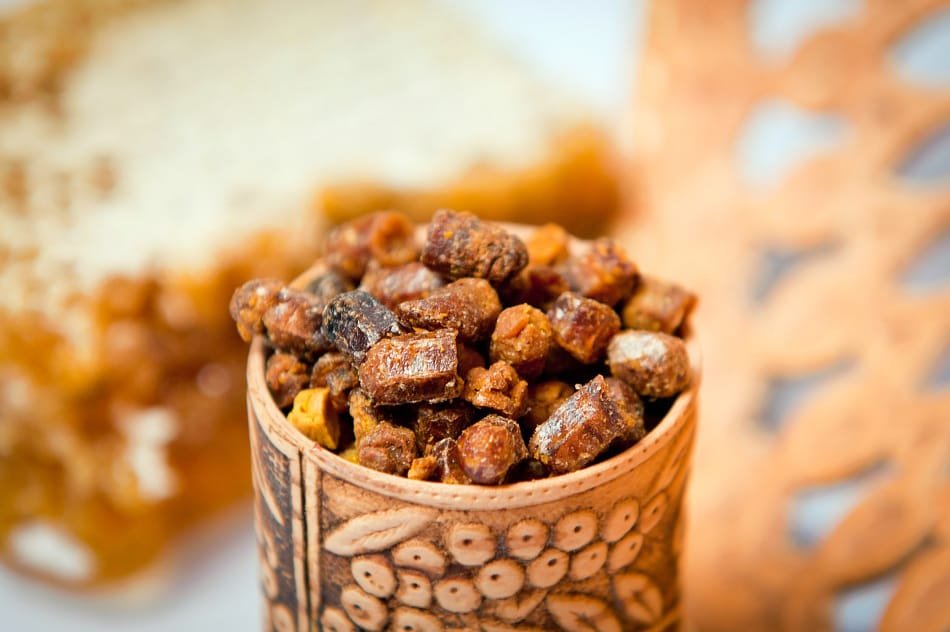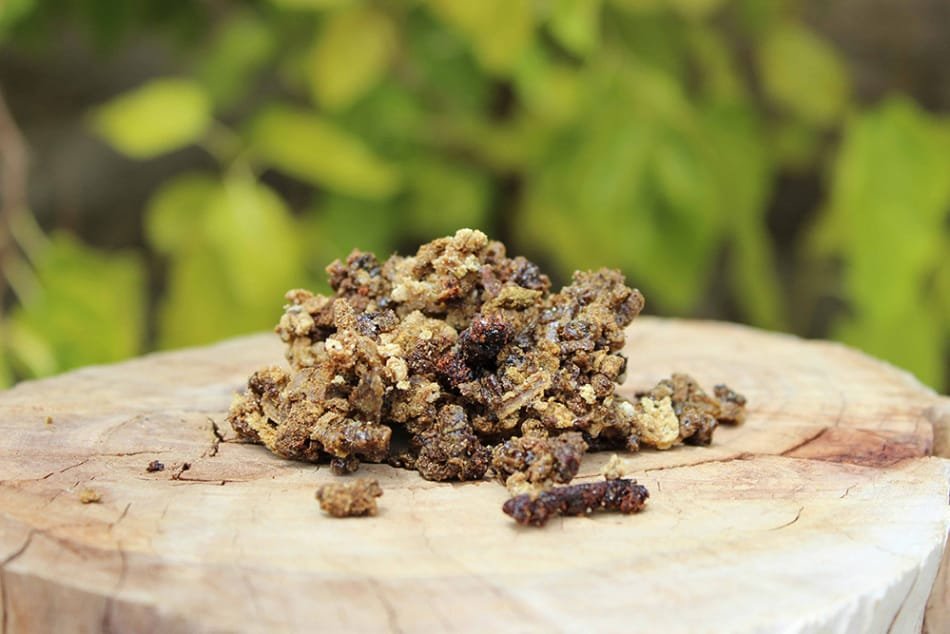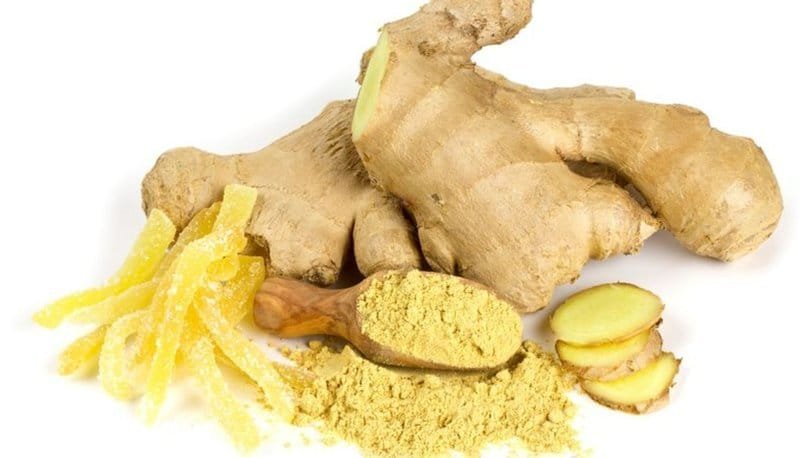Propolis, which was first discovered by the Ancient Greeks and used as an antibiotic medicine at that time, takes its name from the secretion that bees plaster on the walls of their hives to protect them from harmful microorganisms. The term means "protecting the city" in Greek, as this liquid protects the hives. This nutrient is one of the most important natural immune boosters known today. Since strengthening immunity has become more important in corona days, today we are asking "What is Propolis?" and “What are the Benefits of Propolis?” We will try to answer your questions such as.

What is Propolis?
Propolis is a completely natural bee product. In beekeeping, it has names such as preboli or bee gum. It is an extract substance that is formed as a result of bees processing the resinous substances they absorb from some tree species (especially coniferous trees such as pine) or from the buds, leaves and trunk organs of flowers, with the enzymes in the glands in their heads. Honey bees produce this substance to protect themselves from cold and microorganisms. This liquid has thermal insulation properties. It has a low viscosity and a sticky structure. It also has a unique smell.
Some of the unique properties of this product, such as its content and smell, may vary depending on climate, season, geographical structure, harvest time and source plant because it is a natural food. These factors can also change the color of propolis. This product, which most often appears as dark brown, can turn yellow, green, red or transparent if the factors we just mentioned change. It becomes brittle and hard in the cold, but becomes fluid in hot weather. When we look at the content of this beneficial and natural food, we see that it contains % 30 beeswax, % 50 vegetable gum, % 10 aryl content, and % 10 other beneficial substances.
Antioxidant and has antimicrobial effects. Against fungal problem antifungal shows effect. It is a very rich food in terms of its content, so it is consumed as an important supplement and immune booster.
It contains more than 300 compounds. The beneficial properties of this food are mostly due to the substances in the flavonoid group it contains. flavonoid Plant pigments, known as plant pigments, are located in cell structures capable of photosynthesis. For this reason, they cannot be produced spontaneously in the body of animals. This means that bees contribute greatly to our nutrition. Although it has a content as rich as bee pollen, it is different from pollen. Bees use this food for various purposes in their life cycle.
Bees take this substance to their hives using their jaws; Here they knead it with wax and saliva and turn it into pellets. Bees can use this substance for purposes such as preventing other bees from getting sick, protecting the interior of the hives, filling the empty parts of the honey cells, and sterilizing the hive. In addition, this food, which enables bees to live a sterile and clean life, also prevents dead bees in the hive from smelling and spreading germs. Finally, it is possible to say that this substance, which is preferred to calcify dead bees, is also used to prevent cold from entering the hive during the winter months, and in this way, the bees make the entrance hole of the hive smaller. Isn't it truly magnificent? Personally, all this makes me admire the small winged engineer insects.
The most suitable time for harvesting is September and October because bees try to protect their hives in the best possible way in preparation for the winter months. In this process, they make the hole in the hive as small as possible. This food is harvested by beekeepers. When we look at its solubility, we see that it is least soluble in water and most soluble in alcohol.

What are the Benefits of Propolis?
- It has a strengthening effect on the immune system: The vitamin C it contains is a very good antioxidant. Thanks to this feature, it prevents the human body from getting sick by being exposed to external influences, and also prevents the formation of some chronic diseases in the body.
- Protects from Flu or Cold: Flu is a disease caused by the influenza virus. The compounds called Flavonoid group contained in propolis protect the body against these viruses. It can be said that it has a positive effect on flu or cold when used externally.
- Used in the Treatment of Herpes: It is effective against the Herpes virus that causes herpes in the mouth. It can be applied to the problem area for herpes treatment.
- It is effective in oral and dental health: Thanks to its antibacterial properties, it stops the growth of bacteria in the mouth. Thus, it prevents tooth decay. It is good for inflammation in the gums. It can be added to mouthwash or toothpaste for oral and dental health.
- It is used in the treatment of some diseases related to the digestive system: It is used in the treatment of stomach ulcers and ulcerative colitis. It also has a protective effect against these disorders.
- It has a positive effect on respiratory health: It can be preferred for upper respiratory problems that are common especially during the seasonal transition period. It can be applied both internally and externally against sore throat. Due to its antibacterial effect, it is also good for diseases such as asthma and bronchitis.
You May Be Interested In:
What are the benefits of flaxseed? At Least 20 Benefits!
What is Acai? What is it good for?




